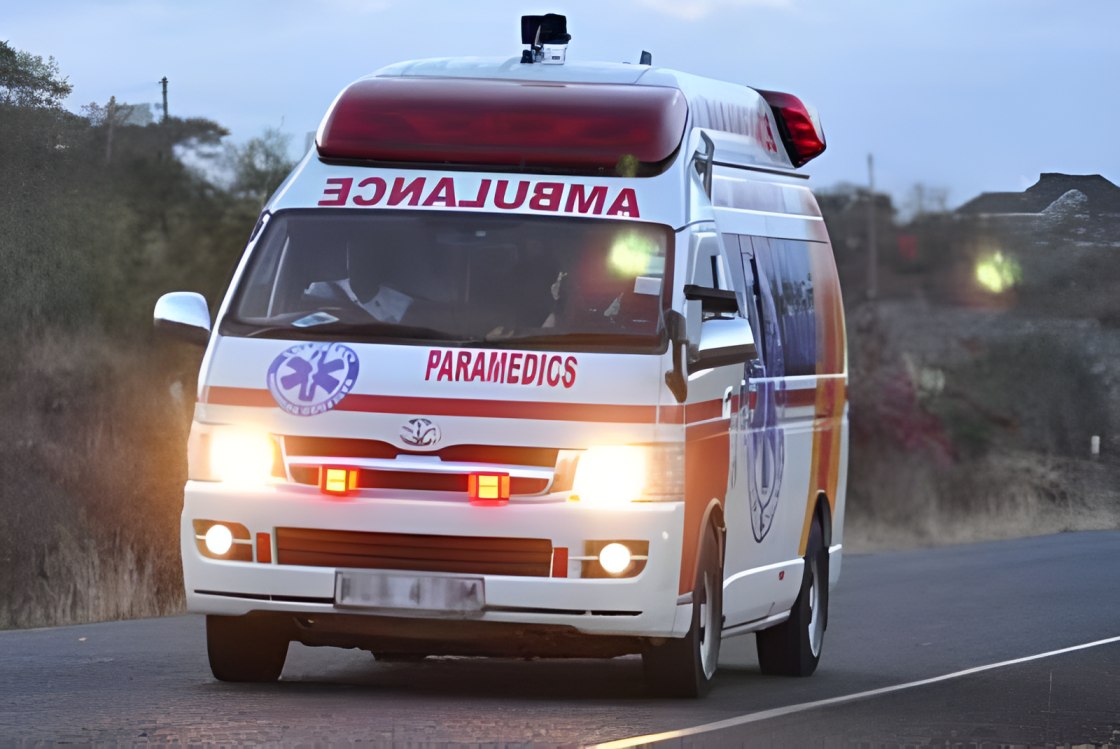A motorist's attempt to claim compensation from a hospital over an accident involving its ambulance has failed for the second time.
Maurice Otieno Owiti had taken Eagle Health and Clinic to court, demanding damages after he was involved in a collision with one of the hospital’s ambulances on June 5, 2023.
Otieno claimed he was driving along the Nairobi Expressway when the hospital’s ambulance reportedly rammed into his car.
He petitioned the court for special damages, compensation for loss of use, legal costs, and accrued interest.
But the Small Claims Court dismissed his case, ruling that he was at fault for failing to give way to an emergency vehicle, which had its siren and hazard lights on at the time of the incident.
The lower court held him fully responsible for the crash and directed him to pay the hospital Sh778,769 in damages.
Dissatisfied with the ruling, Otieno appealed the decision at the High Court.
Appearing before Justice Teresiah Ouya, Otieno contended that the lower court had wrongly found him liable for the accident.
He further criticized the adjudicator for concluding that he had deliberately failed to yield to the ambulance and for placing the burden on him to prove that he had not acted recklessly.
Otieno maintained that the ambulance driver was to blame for the collision, arguing that the emergency vehicle had failed to keep a safe following distance, as stipulated in traffic regulations.
He also challenged the lower court’s finding that he had abruptly switched lanes without signaling, thereby cutting into the ambulance’s path.
To support his claims, Otieno presented a photograph allegedly showing that the ambulance struck the middle section of his vehicle.
Otieno argued that the photo evidence contradicted the lower court’s conclusion that his vehicle had hit the ambulance, suggesting instead that the ambulance struck his car.
In its defence, Eagle Health maintained that the lower court had correctly found Otieno liable.
The hospital further argued that his appeal was flawed, noting that cases from the Small Claims Court can only be appealed on points of law—not on factual disputes.
In her ruling, Justice Teresiah Ouya noted that the central issue in the dispute was whether an ambulance is exempt from adhering to standard traffic regulations, including the requirement to maintain a safe distance from other vehicles.
Justice Ouya pointed out that the lower court had found Otieno changed lanes in an attempt to avoid hitting an object, thereby entering the ambulance’s lane.
She further noted that the court had correctly cited Rule 83 of the Traffic Rules, which requires motorists to give way to emergency vehicles clearly signaling distress — in this case, the ambulance had its siren, hazard lights, and full headlights activated.
The judge upheld the lower court’s decision, stating that it had properly assessed the evidence from both parties and applied the law appropriately.
Justice Ouya upheld the lower court’s ruling and ordered Otieno to bear the costs of the case.
"Based on the foregoing, this Court finds and holds that the present appeal is devoid of merit. The same is hereby dismissed with costs to the respondent," she ruled.
Citing Section 27 of the Civil Procedure Act, she further awarded the hospital the costs incurred both in the appeal and during the trial, as the successful party.

